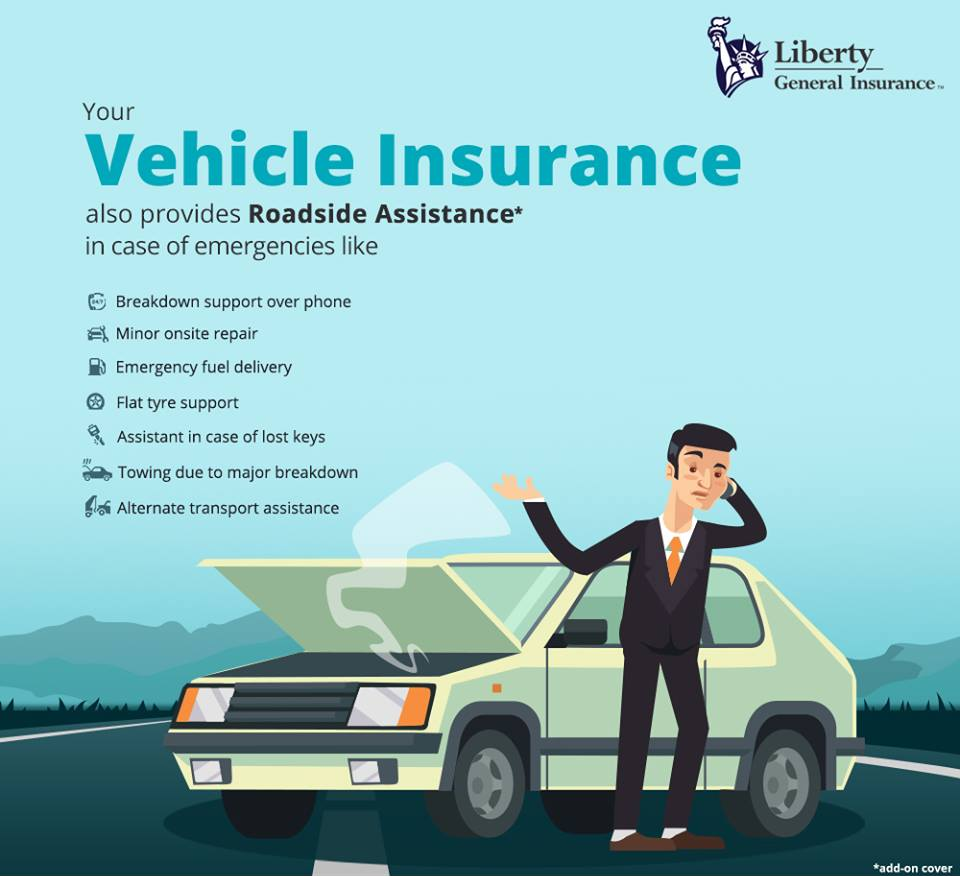Car insurance companies want your vehicle identification number (VIN) when you’re applying for a car insurance quote so that they can pull up information about your vehicle. Giving auto insurers that information helps them provide more accurate quotes.
Car insurance companies know that you may forget the exact make & model and other vehicle-specific details that can make a difference in your car insurance premium. That’s where the vehicle identification number comes in.
Auto insurance companies decode the VIN and know in instant things like who made the car and the vehicle’s model, body style, safety features, engine type, and transmission type. That helps the insurer give you an accurate quote.
If you don’t have your car’s VIN handy, most insurance companies allow you to input the data on your vehicle yourself. The insurer will double-check the information once the VIN is provided.
Your VIN must be provided once you’re ready to purchase a car insurance policy. Your car insurance company will also use the VIN to ensure the car isn’t listed as stolen or has a branded (salvage) title.
Also, many states require insurers to provide VINs to the department of motor vehicles, along with your insurance policy number, so that the state can spot uninsured vehicles. This is why it’s important to ensure that the VIN listed on your policy matches your vehicle.
Also, insurance companies will want to know your driver’s license number, personal information, address, and Zipcode when you get a quote so it can gauge your driving record and accident history and provide you accurate insurance quotes. Getting the most accurate quotes helps you compare auto insurance companies, policies, and coverage. So, having your VIN number can help you save money on your auto insurance.





